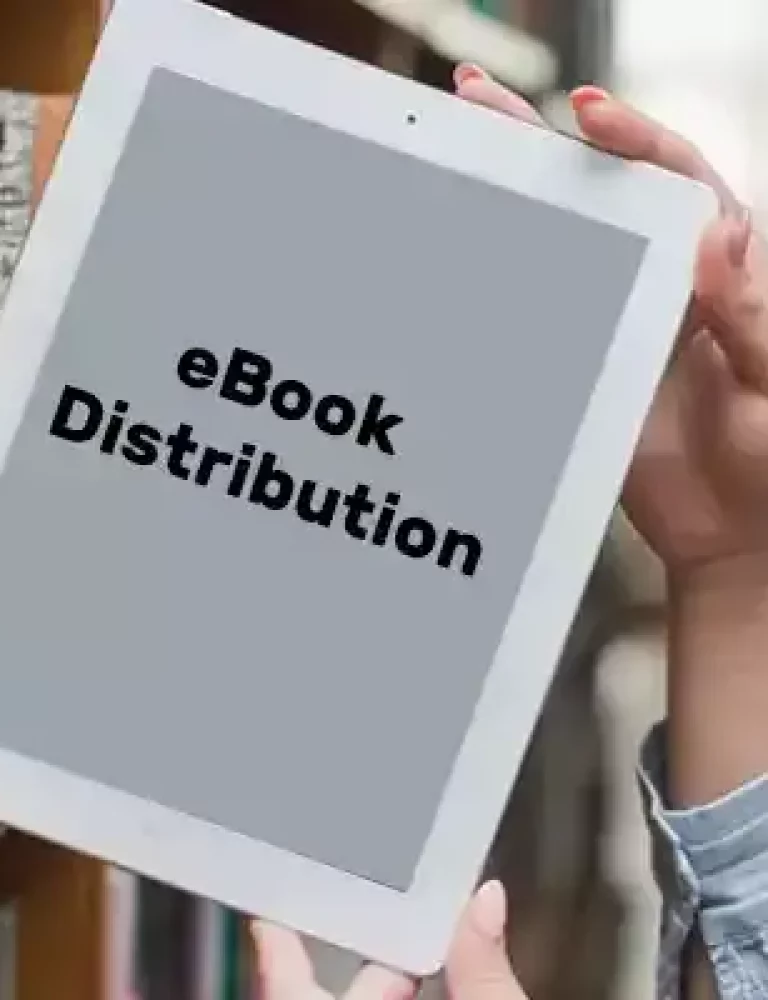Books have been a source of enlightenment, diversion, and motivation for generations. However, in recent years, books have faced a decline in popularity and sales.
What are the reasons behind this decline? How does it affect the publishing industry and the society at large? And what are the alternatives that are emerging to replace books? This blog will explore these questions and beyond.
We will also introduce you to KITABOO, a cloud-based digital publishing platform and eBook creator that can help you create, publish, and distribute interactive multimedia-rich and mobile-friendly digital content.
Table of Contents
I. The Causes of Decline of Books
II. The Effects of the Decline of Books
III. The Benefits of the Rise of eBooks
- The Convenience and Accessibility of eBooks
- The Affordability and Variety of eBooks
- The Environmental Friendliness of eBooks
IV. Challenges Faced with the Rise of eBooks
- The Quality and Compatibility of eBooks
- The Experience and Preference of eBooks
- The Security and Privacy of eBooks
V. How KITABOO Can Help You Create and Distribute Interactive eBooks
VI. Conclusion
I. The Causes of Decline of Books
There are several factors why books are declining in the modern world. Some of them are:
1. The Rise of Digital Media
With the advent of the internet, social media, streaming services, gaming platforms, and other forms of digital entertainment, people have more options to consume content than ever before.
These options are often more convenient, accessible, engaging, and cheaper than books. As a result, people tend to spend less time reading books and more time browsing online or watching videos.
2. The Cost and Availability of Books
Books can be expensive, especially for new releases or niche genres. They can also be hard to find or access, especially in remote areas or areas with limited mobility.
Moreover, books take up space and can be damaged or lost easily. These factors can discourage people from buying or borrowing books.
3. The Environmental Impact of Books
Books are made from paper, and producing paper requires a lot of water, energy, chemicals, and land.
It also generates a lot of waste and greenhouse gas emissions. These impacts can harm the environment and contribute to climate change.
II. The Effects of the Decline of Books
The decline of books has several negative effects on the publishing industry and the society at large. Some of them are:
1. The Loss of Diversity and Quality
As books become less profitable and popular, publishers focus on producing bestsellers or mainstream genres that appeal to a large audience.
This can reduce the diversity and quality of books available in the market. It can also limit the opportunities for new or emerging authors, especially those from marginalized or underrepresented groups.
2. The Loss of Cultural Heritage and Identity
Books are not only sources of information or entertainment but also expressions of culture and identity. They reflect different people’s and communities’ values, beliefs, traditions, histories, and stories.
They can also foster empathy, understanding, and respect among different groups. However, as books decline in popularity and availability, they may lose their relevance and influence in shaping our culture and identity.
III. The Benefits of the Rise of eBooks
As books face a decline in popularity and sales, eBooks are rising as a viable alternative. eBooks have several benefits over books, such as:
1. The Convenience and Accessibility of eBooks
eBooks can be downloaded, stored, and accessed anytime and anywhere with an internet connection. They can also be synced across multiple devices and platforms.
They do not take up physical space or weight and can be easily searched, bookmarked, highlighted, or annotated.
2. The Affordability and Variety of eBooks
eBooks are often cheaper than books, especially for new releases or niche genres. They can also be offered for free or at discounted prices through promotions, subscriptions, or libraries.
Moreover, eBooks offer a wider range of choices and genres than books, as they can include multimedia elements, interactive features, or user-generated content.
3. The Environmental Friendliness of eBooks
eBooks do not require paper, ink, or other materials to produce. They also do not generate waste or emissions during transportation or disposal.
According to a recent study, reading an eBook instead of a book can save 7.5 kg of CO2 equivalent emissions, 168 liters of water, and 23 kg of wood.
IV. Challenges Faced with the Rise of eBooks
However, eBooks also face some challenges and limitations, such as:
1. The Quality and Compatibility of eBooks
eBooks can vary in quality depending on the format, device, software, or publisher. They can also have technical issues like glitches, errors, or compatibility problems.
Moreover, eBooks can be affected by digital rights management (DRM), which can restrict the use, sharing, or copying of eBooks.
2. The Experience and Preference of eBooks
eBooks can lack the tactile and aesthetic appeal of books, such as the smell, feel, or look of paper. They can also cause eye strain, headaches, or fatigue due to the screen glare or backlight.
Furthermore, some people may prefer the traditional reading experience of books over the digital one of eBooks.
3. The Security and Privacy of eBooks
eBooks can be vulnerable to hacking, piracy, or malware attacks. They can also expose users’ personal data or reading habits to third parties, such as publishers, advertisers, or governments.
Moreover, eBooks can be deleted, corrupted, or lost due to device failure or theft.
V. How KITABOO Can Help You Create and Distribute Interactive eBooks
Suppose you are an author, publisher, educator, or content creator who wants to create and distribute interactive eBooks. In that case, you may want to check out KITABOO, a cloud-based digital publishing platform and eBook creator.
KITABOO can help you with the following:
1. Create Interactive eBooks
KITABOO allows you to create eBooks with rich media elements like audio, video, images, animations, quizzes, assessments, and more.
You can also add interactivity features like hyperlinks, bookmarks, highlights, annotations, and feedback. You can use KITABOO’s easy-to-use interface or import your existing content from PDF, Word, or HTML formats.
2. Publish and Distribute eBooks
KITABOO enables you to publish your eBooks in various formats, such as EPUB, HTML5, or SCORM. You can also distribute your eBooks to various platforms and devices, such as web browsers, iOS, Android, Windows, or Mac.
You can also integrate your eBooks with learning management systems (LMS), content management systems (CMS), or e-commerce platforms.
3. Manage and Monitor eBooks
KITABOO helps you manage your eBooks with features such as DRM, encryption, watermarking, and expiration. You can also monitor your eBooks with analytics and reports that track the usage, performance, and feedback of your eBooks.
VI. Conclusion
Books are declining in popularity and sales for various reasons, and this decline has negative effects on the publishing industry and society. However, there is a way to revive the interest and value of books in the digital age.
The way is eBooks!
Suppose you are a publisher or an author who wants to create and distribute interactive eBooks that can attract and retain readers in the digital world. In that case, you need a reliable and powerful digital publishing platform and eBook creator: KITABOO.
Check out KITABOO and get started now!
Contact our expert team now and get started!
To know more, please write to us at KITABOO@hurix.com.
Discover How An Ebook Conversion, Publishing & Distribution Platform Can Help You
Kitaboo is a cloud-based content platform to create-publish & securely distribute interactive mobile-ready ebooks.
You May Also Like
-
eBook Distribution: Expand Your Reach, Boost Your Sales!
Blog,Digital Publishing,eBook solution / February 22, 2024








